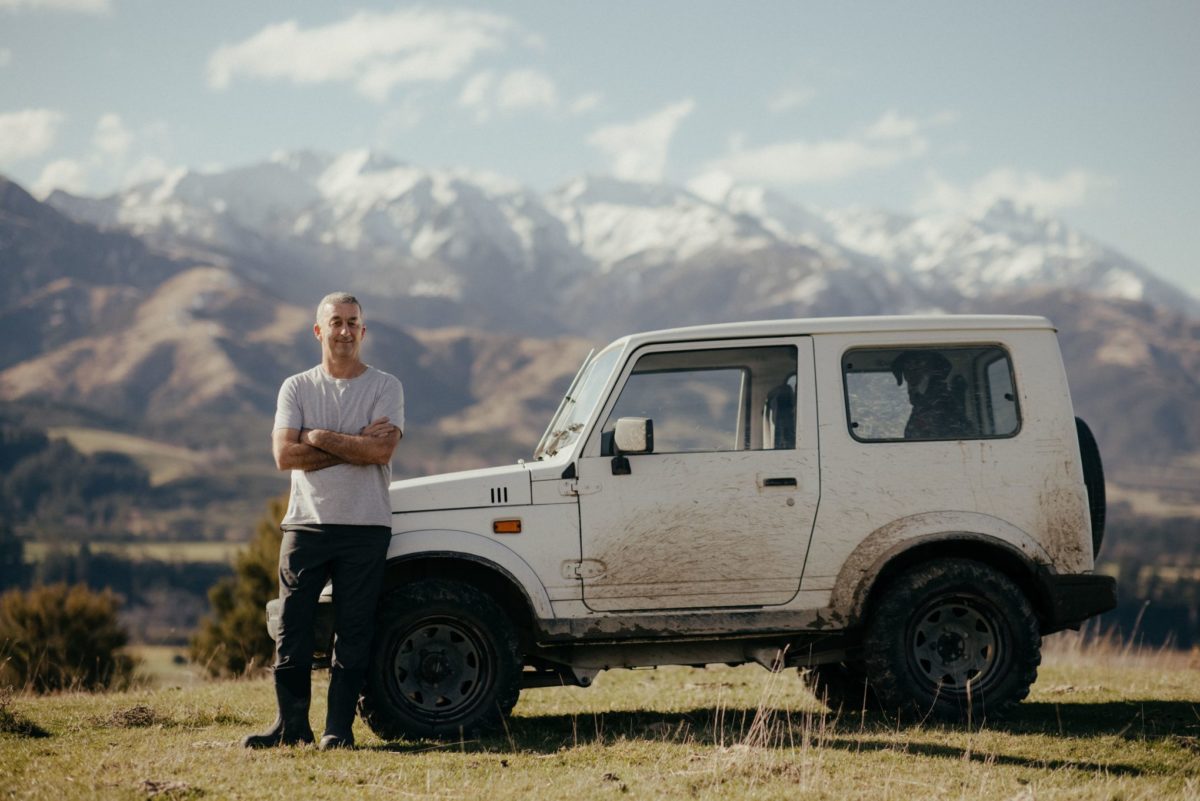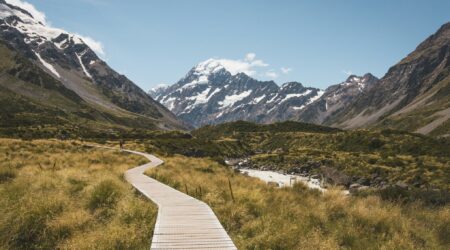Gone fishing
27 Jan 2022
A fifth generation Canterbury fisherman uses the lessons of his ancestors to shape the future for his whānau – here, we share Kia Ora magazine’s profile of BNZ customer, Okains Bay Seafood.
Okains Bay Seafood founder Greg Summerton is a Sumner born and bred fisherman who has been hauling kaimoana from the sea off the Canterbury coast since he was a lad. Four generations of his family before him were fishermen, descendants of John Fleurty, a whaler from Tasmania who was one of the first Europeans to settle in Okains Bay in Banks Peninsula in the early 19th century.
“Fishing is just something I’ve always done,” says Summerton, a director of Moana New Zealand and a previous director of Ngāi Tahu Seafood. “There was never any question about what I was going to do when I left school.”
By the time he was 16, Summerton had his skipper’s ticket and some big dreams. “I had a passion for fishing,” he says, “but I wanted to paddle my own waka.”
The genesis of Okains Bay Seafood starts with a teenager in a dinghy fishing for flounder; in three decades since then, the boats have got bigger and the technology more sophisticated, but Summerton’s dedication to using the sustainable methods of fishing he learned as a child has never waned.
Through his great great grandmother who married John Fleurty, Summerton identifies as Ngāi Tahu, proudly tracing his whakapapa back to Rākaihautū, one of the great ocean voyagers who sailed to Aotearoa in the 14th century. The discipline of longline fishing practised by his seafaring ancestors has just always seemed right to him.
“It’s a hook and it’s a bait and you attract the fish to you. It keeps the habitat intact and you target only the fish you want, so you limit the bycatch,” he says.
Okains Bay Seafood is now one of New Zealand’s biggest privately owned longline fishing companies. Innovation in new technology aimed at further improving sustainability has been key to its success. Its state-of-the-art longliner Kawatea runs on a mix of renewable biodiesel fuel, while advances in fish processing have enabled the development of by-products including collagen supplements and pet food made from fish bones, skin and liver. These premium fish products are exported to markets around the world.
“The trees I plant today will be the trees my grandchildren will walk in the shadows of.”
A decade ago, to reduce his carbon footprint, Summerton purchased a 2225-hectare high-country farm in the Kaikoura Ranges with the aim of regenerating the native bush and planting millions of trees to sequester carbon.
Developing Waikēne Station into not only a carbon sink but a thriving mānuka honey business has been a true labour of love for Summerton, delivering an unexpected gift besides the carbon within its forests. Ancient cave art, moa bones and Māori artifacts, which have been traced back to the earliest inhabitants of New Zealand, have been discovered on the land, and the Summerton family is working closely with local iwi to preserve the findings for future generations.
“We see our role as guardians of this land and the cultural richness it contributes to Aotearoa,” he says.
A shared philosophy about the environment led Summerton to change banks a year ago. “BNZ was the first bank that spoke the same language as me. They valued my story, and that was the first time that had happened. Their value proposition is aligned with my way of thinking about the future – the wellbeing of the land and the sea.”
Greg Summerton on kaitiakitanga – Māori environmental stewardship
• If we protect and preserve the habitat, nature will continue to provide.
• The trees I plant today will be the trees my grandchildren will walk in the shadows of.
• I have a deep respect for the fish harvested – they are a gift from the sea.
Find out how BNZ could support you and your business. Visit bnz.co.nz/business-banking




